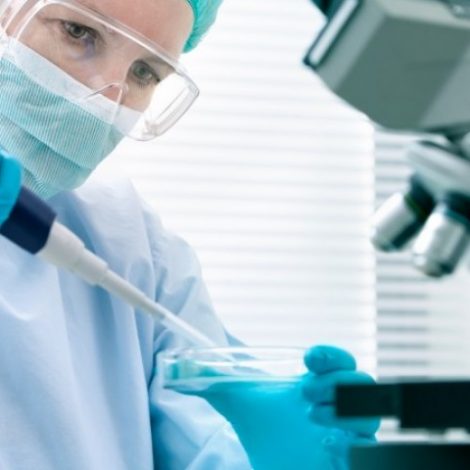Lysogene Creates Scientific Advisory Board to Advance Gene Therapy in Sanfilippo, Other Disorders
Written by |

Lysogene has established a scientific advisory board (SAB) to further explore gene therapy as a treatment for central nervous system (CNS) disorders such as Sanfilippo syndrome.
Comprised of global experts in gene therapy discovery and development, the four-member SAB will provide the company with scientific expertise and guidance as it seeks to advance treatment candidates.
“These thought leaders bring tremendous understanding of gene therapy potential for CNS diseases, as well as extensive experience from discovery to late-stage clinical trials,” Sophie Oliver, MD, Lysogene’s chief medical officer, said a press release.
Lysogene’s gene therapy candidates include LYS-SAF302 for the treatment of Sanfilippo type A — the most severe type of the progressive disorder that primarily affects the brain and spinal cord. A Phase 2/3 clinical trial (NCT03612869) called AAVance last month dosed its first patient in Europe with the prospective therapy.
Earlier this year, Lysogene and Sarepta Therapeutics, which holds the marketing rights for LYS-SAF302 in the U.S. and other countries outside Europe, announced the treatment of the first AAVance participant in the U.S.
The open-label study is measuring the safety and efficacy of a one-time delivery of the gene therapy candidate. In total, 20 patients ages six months and older are expected to be recruited at eight locations in the U.S. and Europe. Patient enrollment is ongoing. Go here for more information on trial sites.
Sanfilippo syndrome type A, also known as mucopolysaccharidosis type IIIA, is caused by a faulty SGSH gene, which gives instructions for producing the heparin-N-sulfamidase enzyme. SGSH mutations lead to the buildup of heparin sulfate and other long-sugar molecules in cellular structures called lysosomes. That buildup causes neurodegeneration. By delivering a healthy copy of SGSH in a single dose, LYS-SAF302 aims to improve or stabilize patients’ neurodevelopment.
Lysogene also is working to advance gene therapy for other diseases, including GM1 gangliosidosis, which progressively destroys nerve cells (neurons) in the brain and spinal cord, and fragile X syndrome, which causes a range of developmental problems.
“Gene therapy using recombinant adeno-associated virus vectors is changing the course of previously untreatable monogenic diseases,” said Ronald G. Crystal, an SAB member and chairman of the department of genetic medicine at Weill Cornell Medicine in New York.
“Direct-to-CNS approaches have demonstrated promising safety and tolerability with the potential of achieving high bioavailability and CNS distribution,” Crystal said. “I look forward to working with Lysogene and the members of the SAB to further explore the potential of this approach to treat CNS diseases.”
Other SAB members are Nathalie Cartier-Lacave, PhD, a research director at the National Institute for Health and Medical Research (INSERM), in France; Steven Gray, PhD, associate professor, department of pediatrics, UT Southwestern Medical Center; and Chester B. Whitley, PhD, MD, University of Minnesota Medical School. Whitley accomplished the first clinical trial of gene therapy for a mucopolysaccharidosis disease.





